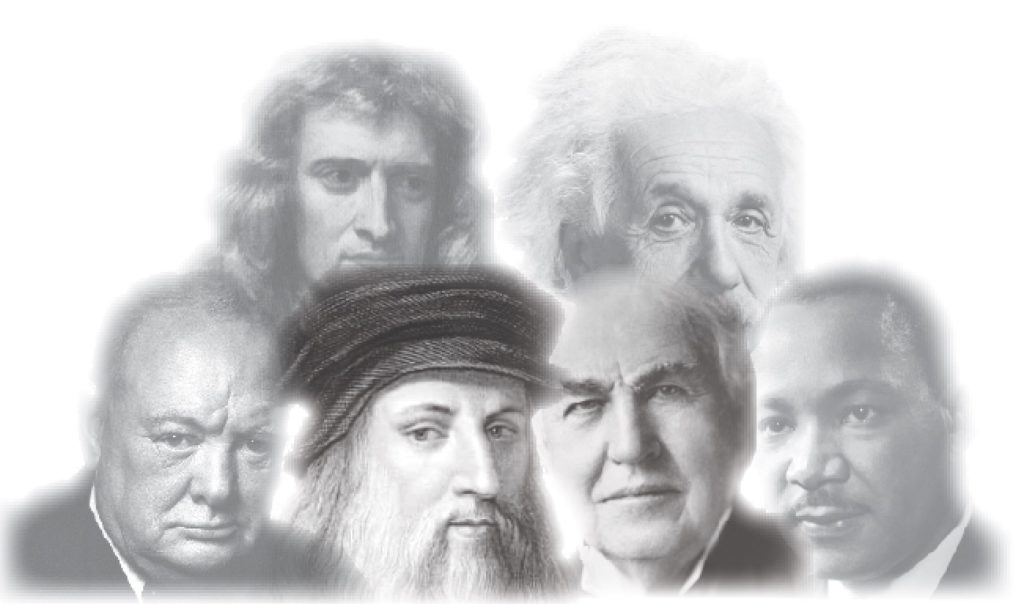
The best time to begin building wisdom, intelligence and knowledge is during your early formative years, but that is no longer possible for us adults and we must settle for the second-best time–now. A popular author who was writing about education, stated that children come to school as a question mark and by the end of Grade 4, have become a period. He was observing that the open, inquisitive child full of wonder and questions beginning with “why,” was often transformed by school into a non-questioning person who passively accepted knowledge in bits from a pez dispenser. This is not a criticism of teachers, but rather a recognition that sometimes the passion for learning is often lost amid the other demands in the mass education of the young. Teachers who can reinforce or ignite in young children the excitement for learning are worth their weight in gold and we are all indebted to these outstanding people.
Wisdom, intelligence and knowledge come from satisfying a lifelong thirst for answers to the questions, “Why?” “What?,” “When?,” and ”How?.” Why do we have seasons?, What are the stars? When did life begin?, How do computers perform calculations? Yet, so many adults don’t know or care about answers to these questions. Not knowing is okay; not caring obstructs intellectual growth.
The beginning of knowledge starts with the impulse to explore that we see in young cats and young children. Jeff Bezos, founder of Amazon, attended a Montessori pre-school where he became so engrossed in each project that he had to be picked up–chair and all–and moved to the next activity. Jeff was able to maintain this unrelenting need to explore throughout adulthood and created one of the greatest empires in American industry. Similar stories apply to Steve Jobs and Elon Musk. So how do we build our knowledge and interests throughout life?
Keep your computer or cellphone handy and whenever you wonder about something, do a quick search. This will give you quick answers to simple questions like, “When did Putin’s army invade Ukraine?” It may also lead you to other questions that expand your interests.
For more in-depth questions, reading is the ultimate source of answers. Through reading well-researched non-fiction books you can acquire important concepts and ideas. The more you read, the more you will find concepts that interconnect and you will build ever more complex cognitive structures on top of what you have learned. For example, reaching a high level of sophistication in any of the sciences involves building on a pyramid of concepts, from basic ideas to more complex. To consolidate your understanding of concepts, surround yourself with others of similar interests and discuss these ideas. This will enhance your social connections and ignite further interest that will fuel additional learning. Reading great literature will give you some insights into human nature.
For “how to” questions, media such as YouTube videos are invaluable. You can replay the video to revisit a missed instruction and save the video for future reference. As you gain more knowledge, you become more confident in your ability to master whatever you set your mind to. This, above all, will energize your progress to higher “crystallized intelligence” and when combined with observation will yield the fruits of higher insight and deeper wisdom. (See also: What are some ways for a person to enhance their intelligence and creativity at an early age? – Intelligence and IQ )
